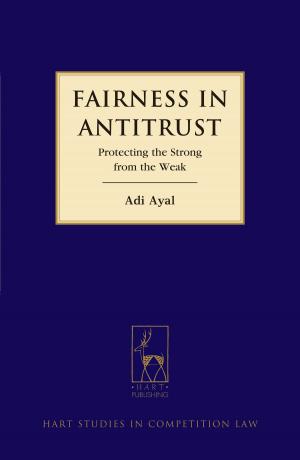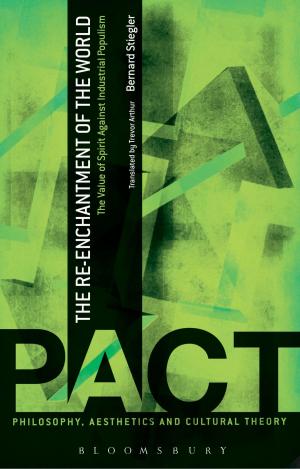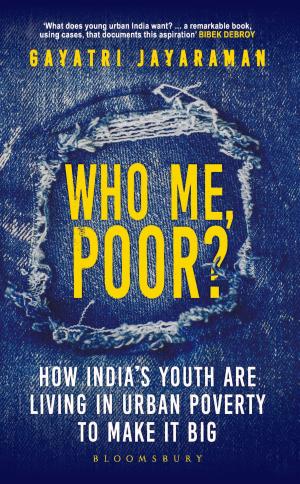The Collected Works of Edward Schillebeeckx Volume 8
Interim Report on the Books "Jesus" and "Christ"
Nonfiction, Religion & Spirituality, Theology, Christianity| Author: | Edward Schillebeeckx | ISBN: | 9780567047465 |
| Publisher: | Bloomsbury Publishing | Publication: | September 25, 2014 |
| Imprint: | T&T Clark | Language: | English |
| Author: | Edward Schillebeeckx |
| ISBN: | 9780567047465 |
| Publisher: | Bloomsbury Publishing |
| Publication: | September 25, 2014 |
| Imprint: | T&T Clark |
| Language: | English |
As a result of the publication of Jesus. An Experiment in Christology (volume 6) and Christ. The Christian Experience in the Modern World (volume 7), Schillebeeckx was accused of denying the divinity of Jesus and the resurrection as objective reality. In this 'interim report' he responds to these criticisms. Schillebeeckx argues that the interpretation of his publications depends to a large extent on what the reader takes as a starting point.
This book, therefore, is about presuppositions and methods of interpretation. Schillebeeckx begins by looking once again at the nature of revelation, at the ways in which religious faith is experienced and expressed in the modern world, and at sources of authority. He then discusses specific criticisms. Can he be called a neo-liberal? Does he devalue the church's tradition? Is his Christology inadequate? What does he really believe concerning the resurrection? Then, towards the end, in some poetically powerful passages, he turns once again to the nature of the Kingdom of God, creation and salvation.
As a result of the publication of Jesus. An Experiment in Christology (volume 6) and Christ. The Christian Experience in the Modern World (volume 7), Schillebeeckx was accused of denying the divinity of Jesus and the resurrection as objective reality. In this 'interim report' he responds to these criticisms. Schillebeeckx argues that the interpretation of his publications depends to a large extent on what the reader takes as a starting point.
This book, therefore, is about presuppositions and methods of interpretation. Schillebeeckx begins by looking once again at the nature of revelation, at the ways in which religious faith is experienced and expressed in the modern world, and at sources of authority. He then discusses specific criticisms. Can he be called a neo-liberal? Does he devalue the church's tradition? Is his Christology inadequate? What does he really believe concerning the resurrection? Then, towards the end, in some poetically powerful passages, he turns once again to the nature of the Kingdom of God, creation and salvation.















